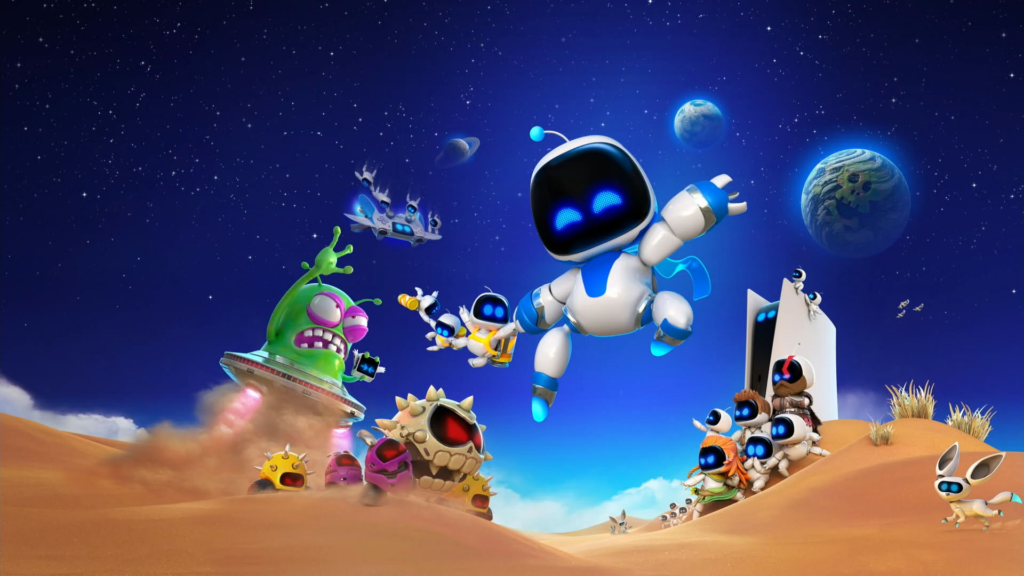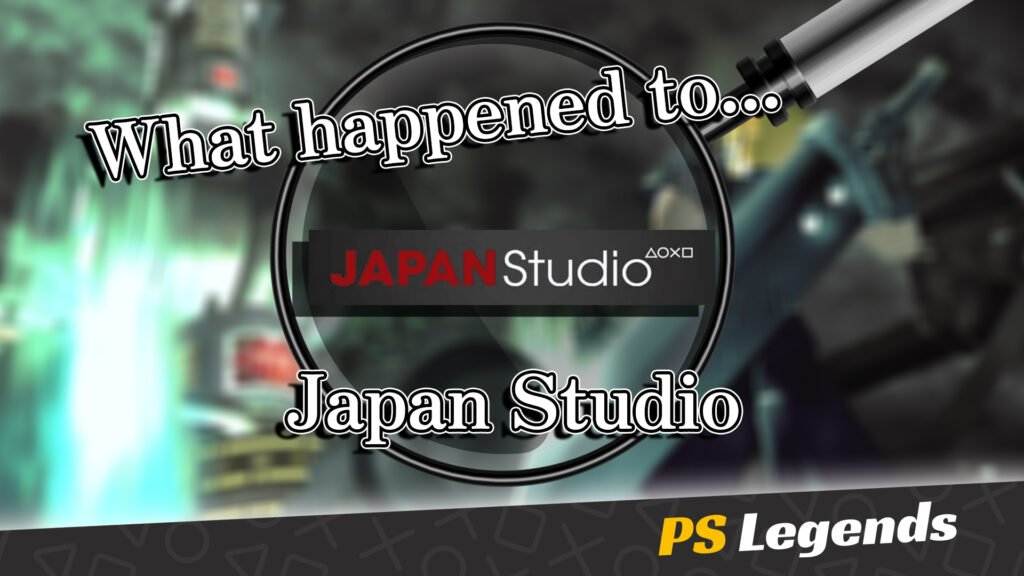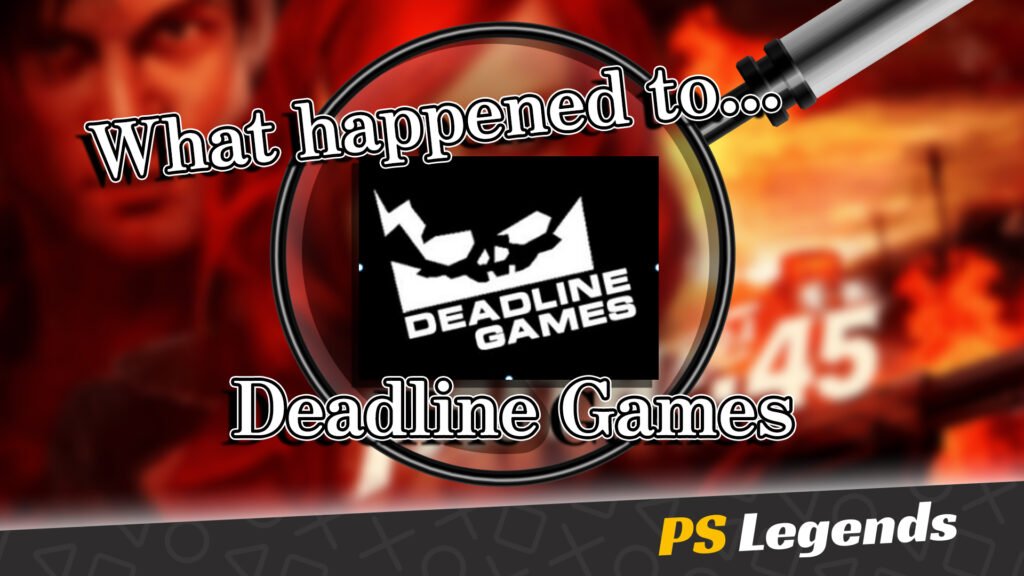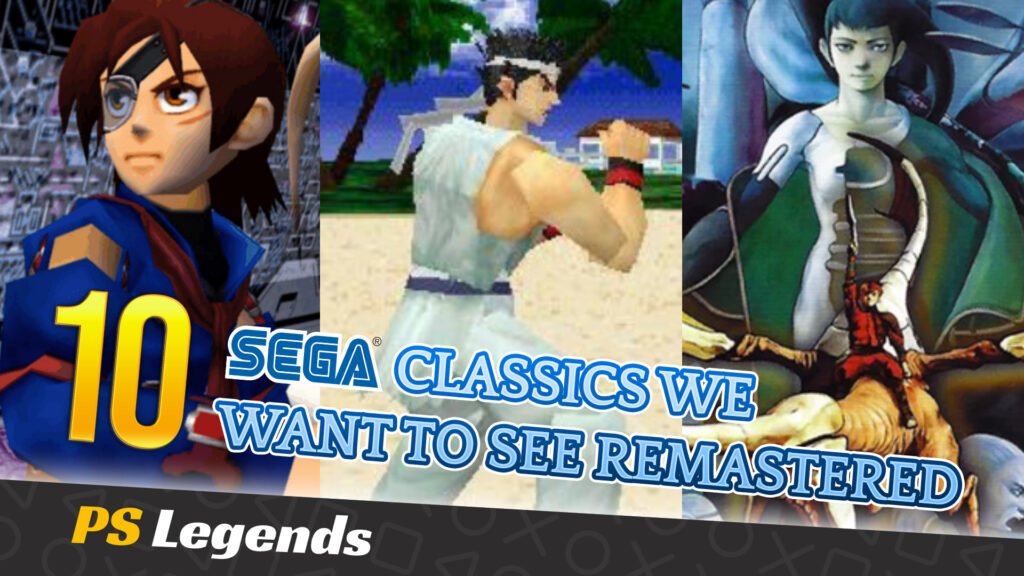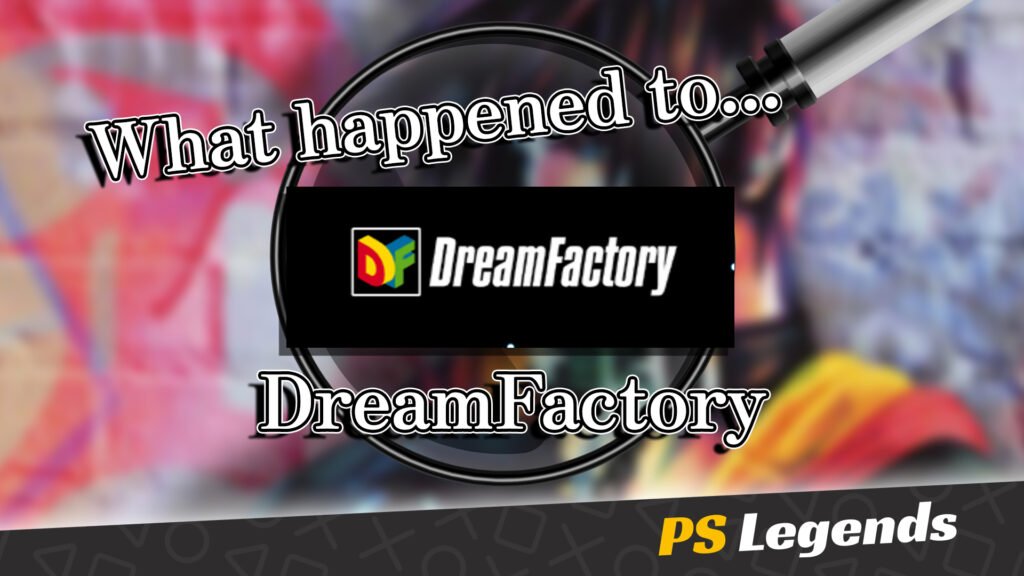PlayStation’s Powerhouse
Japan Studio was the primary game developer of Sony Interactive Entertainment based in Tokyo. It was a collection of smaller teams which operated largely independently. Sony Computer Entertainment was founded on 16th November 1993, jointly established by Sony and Sony Music Entertainment Japan. The studio was run similarly to Sony Music Entertainment Japan during its first few years, with producers seeking out creative talent and nurturing them to help develop new games.
Shuhei Yoshida oversaw the company from 1996 through to 2000. Yoshida started building teams while simultaneously assisting other developers for Sony-published exclusives; these teams included Sugar & Rockets, Arc Entertainment and Contrail. These teams were consolidated into the company in 2000. Sony’s internal development team also developed original titles such as Ape Escape and The Legend of Dragoon.
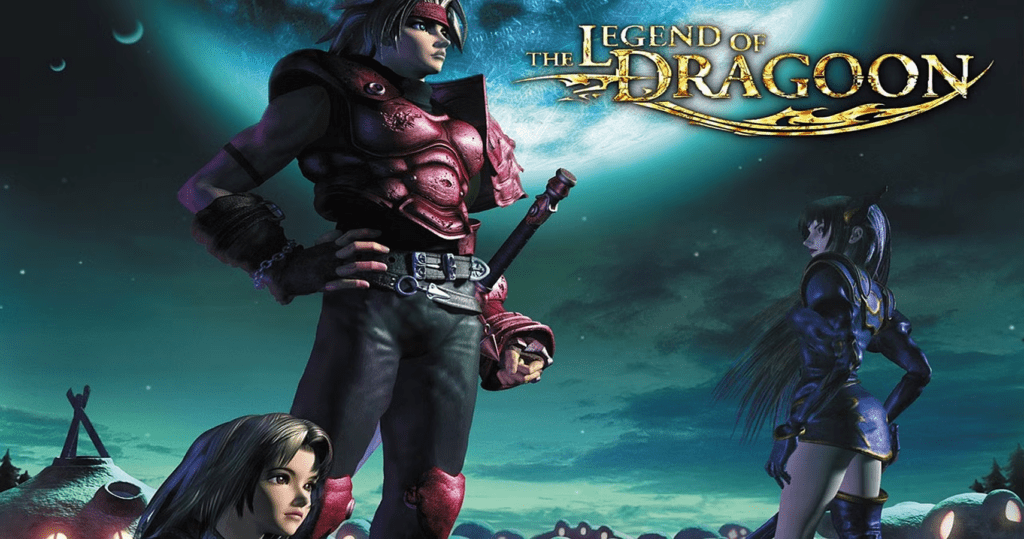
Alongside these first-party titles, the latter years of the original PlayStation saw strong third-party support, with games like Square’s Final Fantasy VII and Konami’s Metal Gear Solid. According to Yoshida, this led Sony into some complacency on relying on third-party games to support further consoles, and support for first-party games was less of a priority.
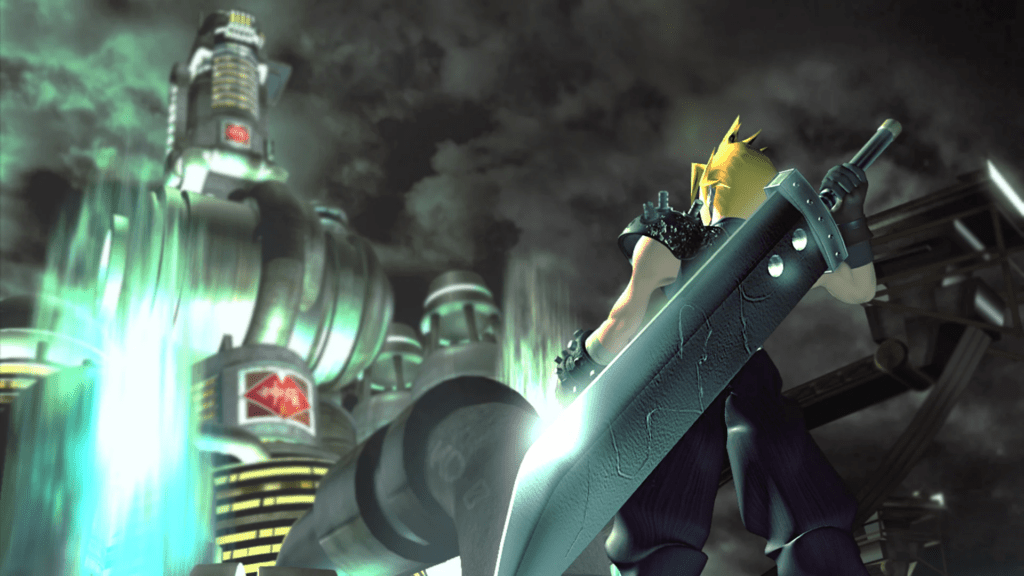
Those Magnificent Teams
The studio’s unnamed first development team was responsible for all co-development efforts. As a primary developer, they developed the Ape Escape series as well as individual titles like The Legend of Dragoon and Fantavision. Polys Entertainment was the second established unit. It was headed by Kazunori Yamauchi and dedicated to the development of racing games. The success of its 1997 racing game Gran Turismo caused it to be formally spun off into Polyphony Digital.
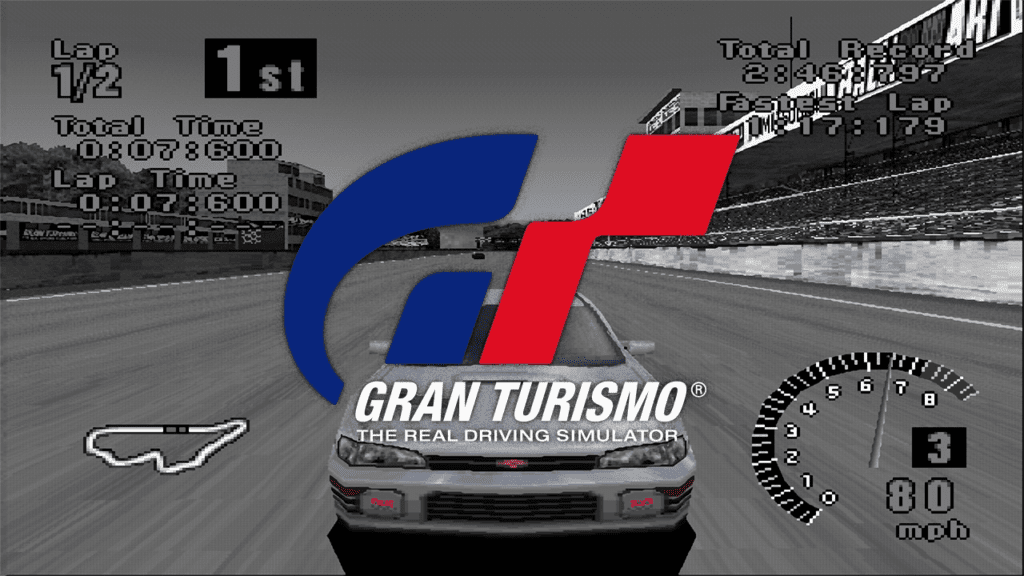
Team Ico was headed by Fumito Ueda and the third established studio. It developed Ico and Shadow of the Colossus. They were disbanded following lead game designer Fumito Ueda departing the company and establishing genDESIGN during development of The Last Guardian. Team Siren was a development unit formed in 1999 by former members of Team Silent, the creators of Silent Hill. The team developed horror games in the Siren series.
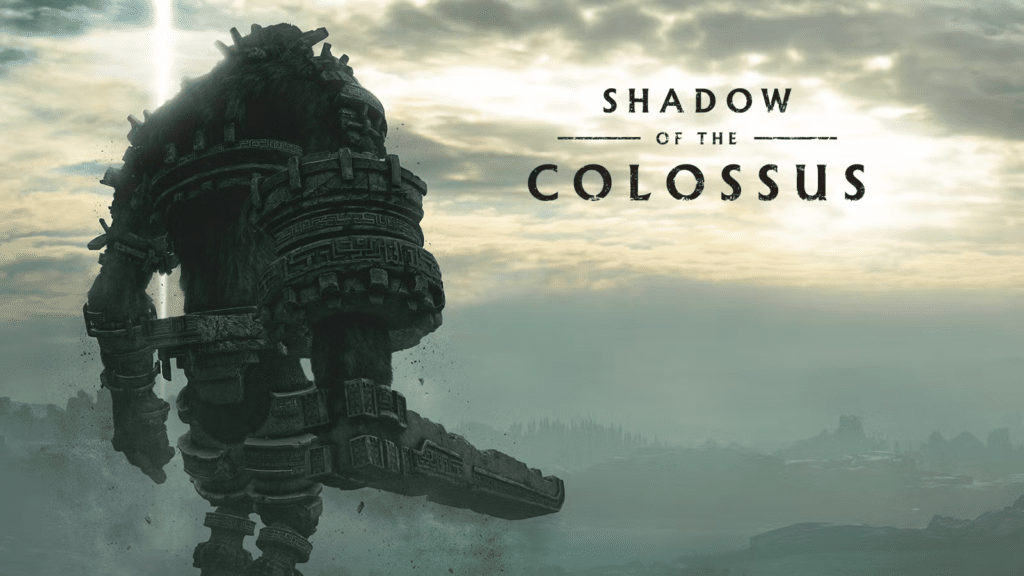
Team Siren was re-organised over time, re-emerging as Team Gravity to create the Gravity Rush series. The studio was led by game designer and director Keiichiro Toyama who, alongside designers Kazunobu Sato and Junya Okura, left Japan Studio in late 2020 to form Bokeh Game Studio. The last team under Japan Studio was Team Asobi, a development unit established in 2012 by Nicolas Doucet, who previously worked for London Studio and Saffire. It worked primarily on the Astro Bot series.

Officially Japan Studio
The studio was moved to SCE Worldwide Studios in 2005, rebranding afterwards as ‘Japan Studio’. The new branding first appeared in Genji: Days of the Blade, the studio’s first game for the PlayStation 3. Though Japan Studio’s output during the PlayStation 2 years was strong, it struggled to release successful games during the PlayStation 3 era. Yoshida attributed this to the general game development practice in Japan, without a clear vision of what a final game would look like.
In contrast to Western game development, Yoshida said Japan Studio’s methods tended to allow games to wander. Yoshida took over full control of Japan Studio in 2008, at the same time that the PlayStation 3 was out and Sony was preparing to launch the PlayStation 4 and PlayStation Vita. Around that time, mobile gaming and casual gaming started to become a major factor in the Asian gaming market and became a threat to consoles.

Desperate Measures
Allen Becker took over as Japan Studio’s head in 2011. Becker claimed that their complacency during the PlayStation 2 and PlayStation 3 era caused the studio to fall behind on updated tools and methodologies for game development. Sony found that there was a lack of triple-A third-party support for their more recent consoles, and they had to rely more on their internal studios for game support.
To get Japan Studio back on track, Sony brought in Becker, who had been working at Santa Monica Studio, to lead Japan Studio. Becker made several tough calls of the 40-some games that were in development at the time of his arrival to terminate development of those unlikely to be successful and implemented similar development processes as Sony’s Western studios to get the studio back on track.
From Becker’s approach, the studio was able to release shorter but cohesive titles such as Puppeteer, Rain and Knack which still reflected a Japanese approach to gaming. Also during this time, emphasis was placed on reviving The Last Guardian, the highly anticipated third title from Ueda which had been in development for over six years but was stuck in a limbo state due to hardware changes, mechanical problems and staff changes, including Ueda’s departure. The game eventually released in 2016.

The Reign Of Asobi
Across late 2020 and early 2021, several notable Japan Studio employees announced that they were departing the company. According to multiple sources speaking with Video Games Chronicle, Sony had not renewed most of the contracts for the studio outside of those on Team Asobi because the studio was not considered profitable enough to continue with original game development.
In a statement, Sony stated that, as of 1st April 2021, Japan Studio would be re-centered around Team Asobi to build on the popularity of Astro’s Playroom. Following these events, several additional Japan Studio staff announced their departure from the studio. Team Asobi was moved into PlayStation Studios in June 2021.
Shawn Layden, former chairman of SIE Worldwide Studios, stated in 2024 that Japan Studio had been suffering from “legacy malaise”, having failed to recreate the successful games they once had and lacked the experience to do so again, and eliminating all but Team Asobi was akin to “trimming a bonsai”, hopeful that the smaller team would be able to recapture the earlier successes.
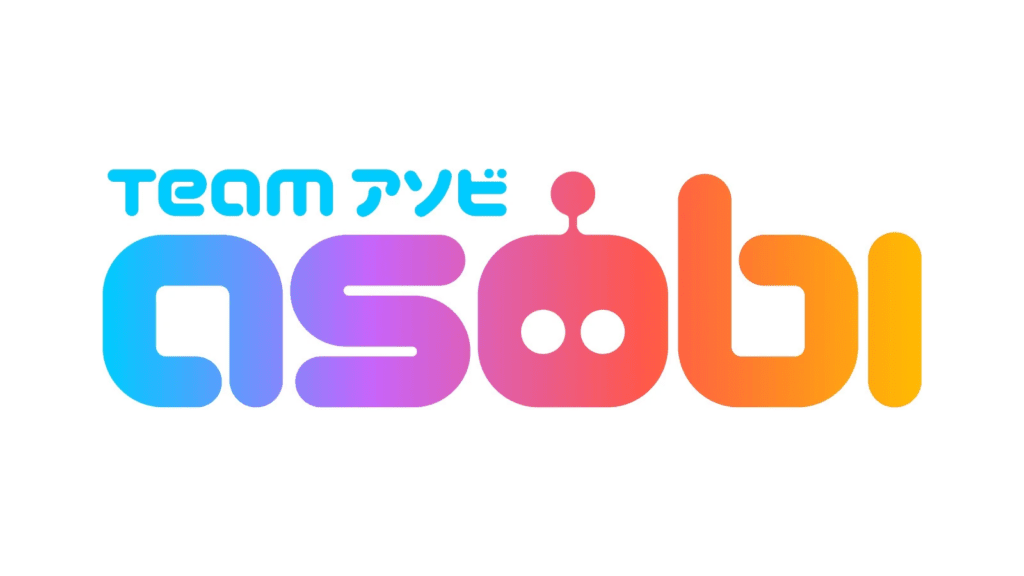
A Future Led By Astro Bot
Yoshida said in a 2025 interview that with the growth of indie games, the gap widened between triple-A games and smaller games of the type Japan Studio specialised in, and it became difficult for the studio to gain approval for such concepts within Sony. It became increasingly difficult to explain what exactly constituted a modern ‘triple-A’ game.
Yoshida gave the example of Keiichiro Toyama, who led development of Gravity Rush 2; though he had ideas for smaller games, he could not get approval by Sony for these, so left the company in 2020, founded his own independent studio Bokeh Game Studio, and began releasing his own smaller games, starting with Slitterhead.
Doucet remains Asobi’s studio director and creative director following this transition, while Yoshida retired from SIE on January 15th, 2025, after spending more than thirty years with the company. Since January 6th, 2025, Astro Bot has become the most awarded platform game of all time, beating out It Takes Two with a current total of 106 Game of the Year nominations and wins.
